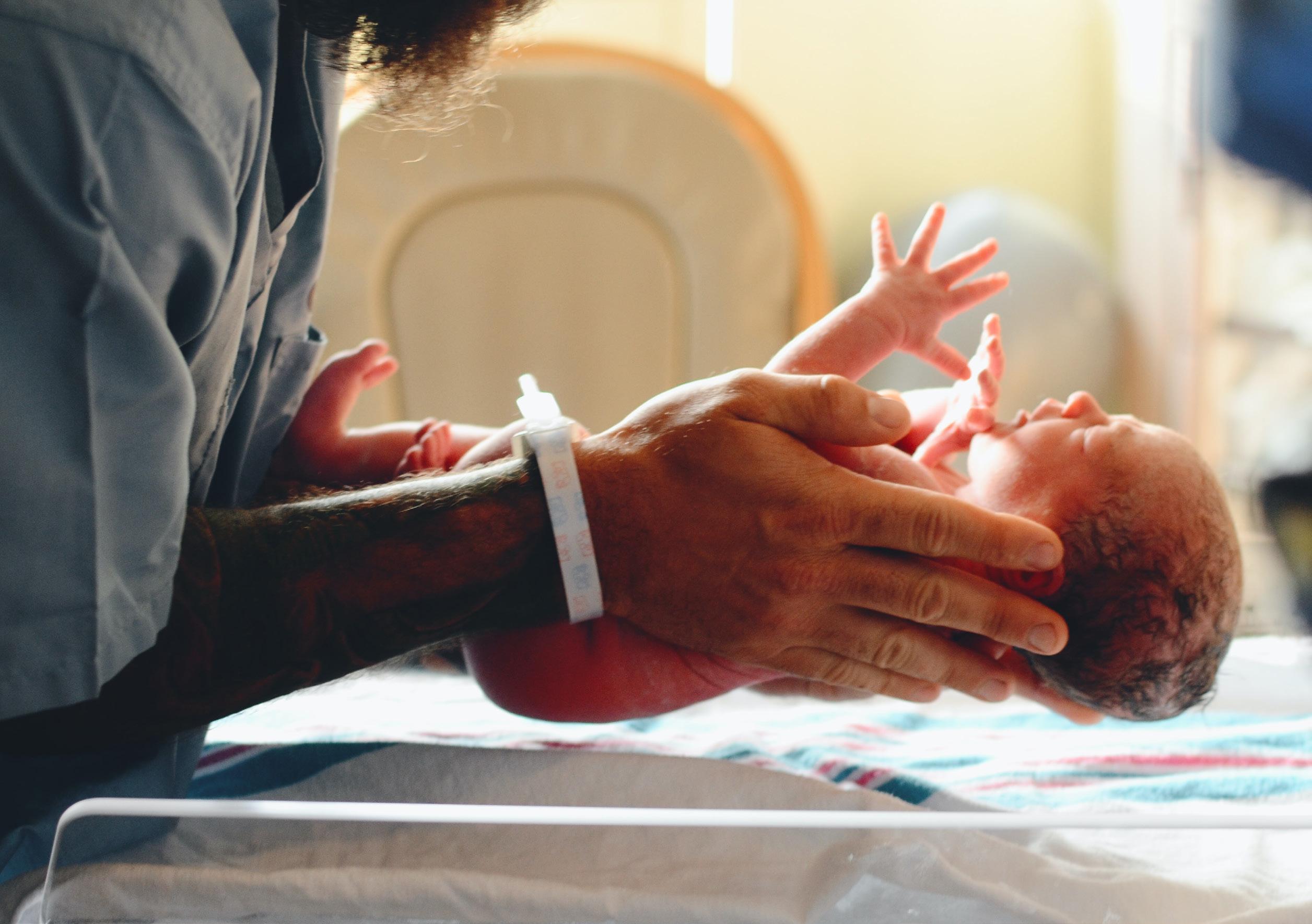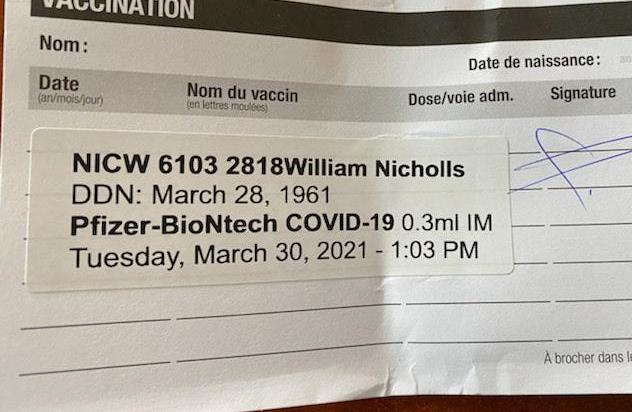Medical staff issue birth alerts by sharing an expectant parent’s personal information, without their consent, with social and health workers if there are concerns for the newborn’s safety based on the parent’s history.
W
hile the BC government calls it “illegal and unconstitutional”, the controversial practice of birth alerts is still common practice in Quebec. A recent APTN News investigation found that birth alerts occur every two days, on average, in the AbitibiTémiscamingue region. Medical staff issue birth alerts by sharing an expectant parent’s personal information, without their consent, with social and health workers if there are concerns for the newborn’s safety based on the parent’s history. They often result in apprehension and the child’s placement into foster care. Disproportionately used for Indigenous children, the National Inquiry into Missing and Murdered Indigenous Women and Girls (MMIWG) said in 2019
18 the Nation April 9, 2021 www.nationnews.ca
that the “racist and discriminatory” practice should be abolished. Since then, birth alerts have been discontinued in seven provinces and territories. However, documents obtained by APTN reveal there were 198 birth alerts registered in the Abitibi-Témiscamingue region between April 1, 2019 and March 31, 2020, most commonly for “serious risk of negligence.” These numbers include 80 reported at the Val-d’Or hospital, the nearest obstetric ward to most Cree communities. “I believe that there is racial profiling in these various hospitals in AbitibiTémiscamingue,” Anishnabe Nation of Lac-Simon councillor Lucien Wabanonik told APTN. “There are some who are very afraid, even today when we talk to each







